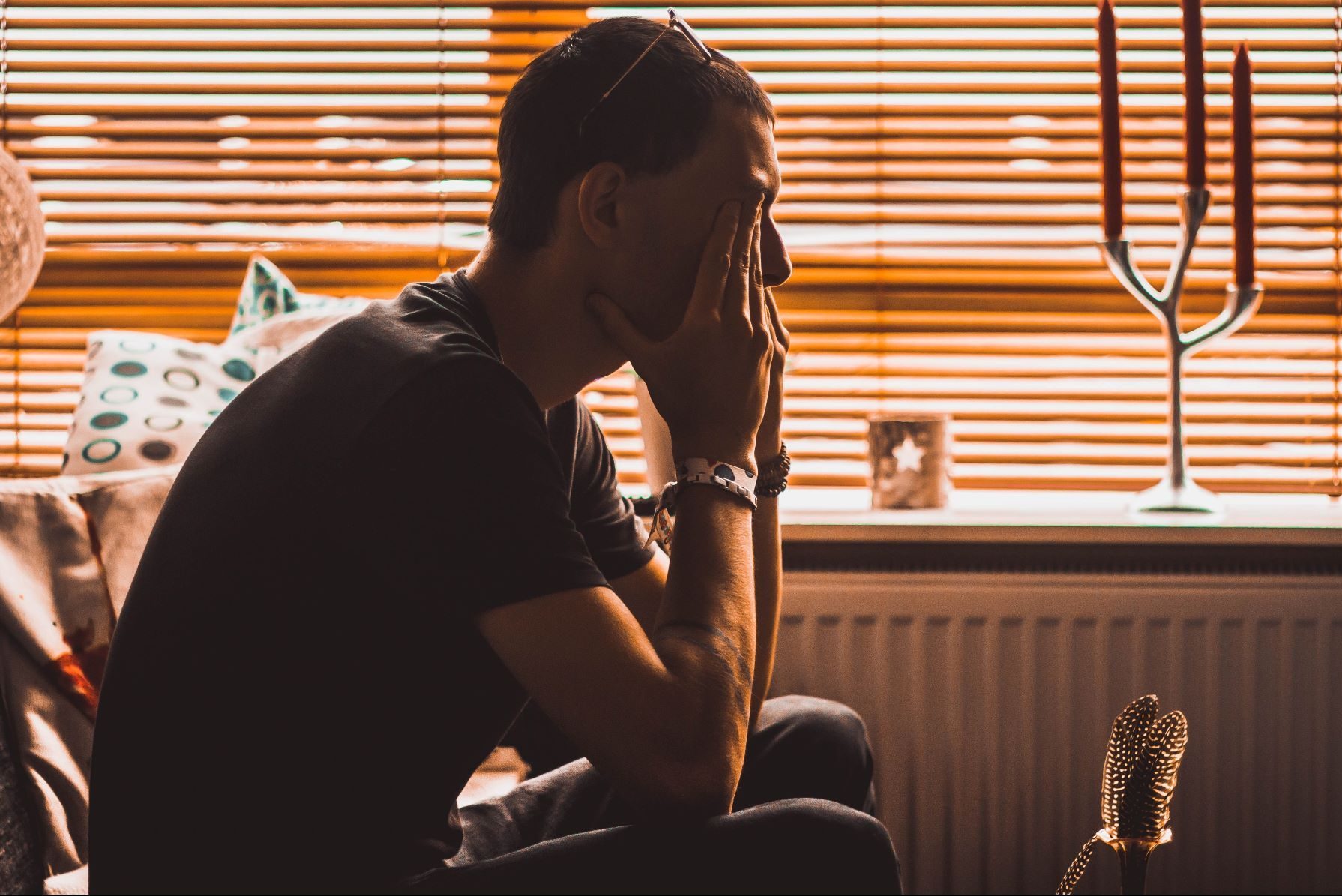As part of Depression Awareness Week, we are featuring a series of posts about depression, its impact on our relationships and ways to tackle the problem. In this first blog we look at ways to spot the signs of depression and how to address it within a relationship.

Spotting the signs of depression
Depression is a mental health illness that is as recognisable an illness as cancer or diabetes. According to the NHS, in Scotland 1 in 10 people at any one time have mixed anxiety and depression issues. Data for older people places the ratio at 1 in 5 who will be suffering from this illness.
The impact and nature of this illness is unique to each individual. However, there are common symptoms which include:
- A general feeling of sadness that won’t seem to change
- A lack of enjoyment or interest in things that were once enjoyed such as hobbies
- A feeling of lacking energy and general tiredness
- A loss of self confidence
- Feelings of guilt even when it is not the individual’s responsibility
- Problems concentrating and/or being agitated and unsettled
- Lack of interest in sex
- Moving or speaking more slowly than normal
- Difficulties sleeping – either too much or not getting enough
- Appetite problems – either loss of appetite or eating too much
- Feeling suicidal at times
If you recognise any of these symptoms in yourself or a loved one the good news is that help is available.
Tackling mental illness
Depression is a real medical condition and there are effective treatments. Here are our tips on dealing with it:
- Don’t ignore or bottle up the problem – early treatment often gives best results.
- Seeing your GP is the most important step. When you make an appointment let the doctor know you suspect you may have depression and this will in some cases allow a bit more time for the appointment.
- Talk about your feelings, concerns or anxieties with a trusted loved one or speak to a professional helpline like Breathing Space on 0800 83 85 87.
- Consider private counselling. You can find details of counsellors near you on the COSCA or BACP websites. If depression is impacting your relationships or relationship issues might be the root of your illness, The Spark offers private relationship counselling across Scotland. Freephone 0808 802 2088 to chat to one of our team about options for counselling that will suit you.
- Exercise. This does not have to be going to the gym or running a marathon. Simple activities like walking, swimming, a gentle jog or cycling can help to lift your mood.
- Depression support groups – sharing your experiences with fellow sufferers can help to reduce feelings of isolation and help share ways to cope with depression. Find out more about depression support groups.
- Alternative therapies such as meditation, yoga, massage or acupuncture can also help in overcoming depression.
Talk about it

The key to overcoming mental illness is to talk openly to family and friends about how you are feeling. Tackling this condition head on with the support of friends is crucial to your recovery. You may want to consider counselling for depression or if the illness is having an impact on your relationships with your partner and others, so you may want to consider relationship counselling as part of your support strategy.
The Spark are experts in the field of relationship counselling, and you can call 0808 802 2088 to discuss options to further help you recover.

